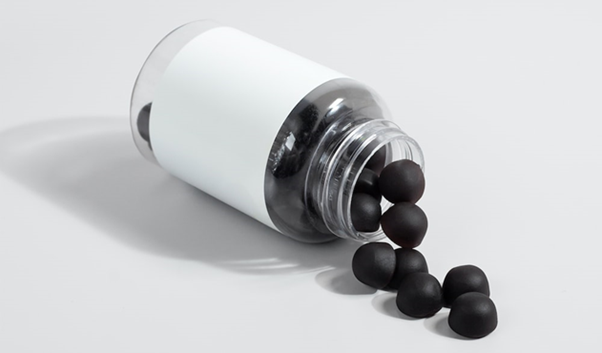Will probiotics help with gas?

Gas is a common digestive issue that can be caused by a variety of factors, such as eating certain foods, swallowing air, and imbalances in gut bacteria. While probiotics are commonly used to promote digestive health, many people wonder if they can also help with gas. In this article, we'll explore the potential benefits of probiotics for gas.
What are probiotics?
Probiotics are live microorganisms that can provide a wide range of health benefits when consumed in adequate amounts. They are commonly found in fermented foods and drinks, such as yogurt, kefir, sauerkraut, and kimchi, as well as in dietary supplements. Probiotics work by restoring the balance of good bacteria in the gut, which can be disrupted by factors such as antibiotics, stress, and poor diet.
Can probiotics help with gas?

There is some evidence to suggest that probiotics may be helpful in reducing gas, particularly when it is caused by imbalances in gut bacteria. A study published in the Journal of Gastroenterology found that a combination of probiotics and prebiotics (non-digestible fibers that feed the good bacteria in the gut) was effective in reducing the production of gas in healthy adults.
Additionally, a review of several studies published in the World Journal of Gastroenterology found that probiotics were effective in reducing symptoms of bloating and gas in people with irritable bowel syndrome (IBS).
Which probiotics are best for gas?

Not all probiotics are created equal, and different strains may be more effective in reducing gas than others. Some of the most commonly studied strains for gas include:
- Bifidobacterium lactis: This strain has been shown to be effective in reducing gas production in healthy adults.
- Lactobacillus acidophilus: This strain has been shown to be effective in reducing symptoms of bloating and gas in people with IBS.
- Streptococcus thermophilus: This strain has been shown to be effective in reducing gas production in people with lactose intolerance.
It's important to note that the effectiveness of probiotics in reducing gas may depend on the specific cause of the gas. For example, probiotics may not be effective in reducing gas caused by eating certain foods, such as beans or broccoli.
How to take probiotics for gas?
If you're considering taking probiotics for gas, it's important to talk to your healthcare provider first. They can help you choose the right strain and dosage based on your individual needs.
Probiotics can be found in fermented foods and drinks, such as yogurt and kefir, as well as in dietary supplements. It's important to choose a high-quality probiotic supplement from a reputable brand. Look for a supplement that contains at least one billion colony-forming units (CFUs) per dose and includes the specific strain(s) of bacteria that have been shown to be effective in reducing gas.
In conclusion, probiotics may be effective in reducing gas, particularly when it is caused by imbalances in gut bacteria. Some of the most commonly studied strains for gas include Bifidobacterium lactis, Lactobacillus acidophilus, and Streptococcus thermophilus. This is the brand we recommend Vita Miracle, which contains 30 billion CFU'S and 18 Strains of Probiotic. Click one of the buttons below to see more details.
OR



